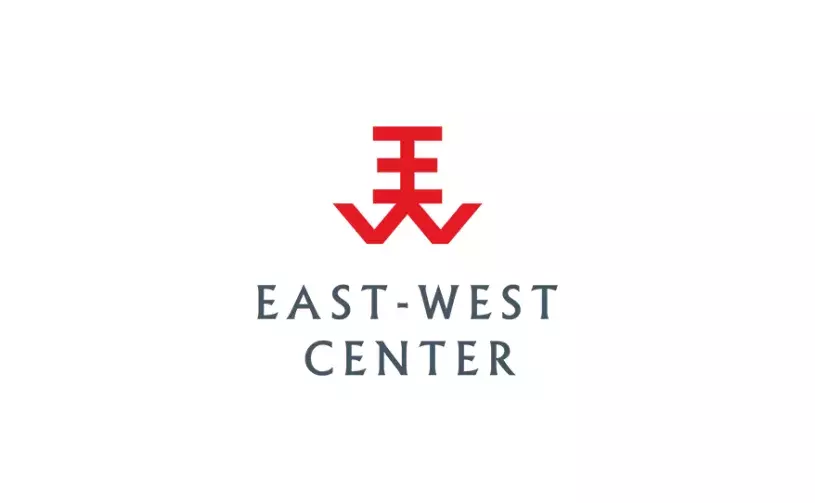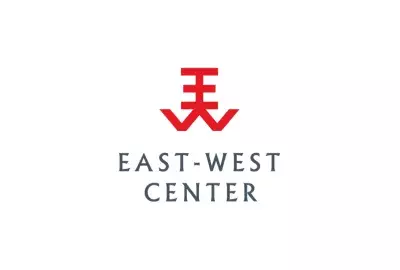Error message

This paper uses a survey of 300 North Korean refugees to examine the experience of women in North Korea’s fitful economic transition. Like other socialist states, North Korea has maintained a de jure commitment to women's rights. However, we find that women have been disproportionately shed from state-affiliated employment and thrust into a market environment characterized by weak institutions and corruption. As a result, the state and its affiliated institutions are increasingly populated by males, and the market, particularly in its retail aspects, is dominated by women. Among the most recent cohort of refugees to leave North Korea, more than one-third of male respondents indicate that criminality and corruption is the best way to make money, and 95 percent of female traders report paying bribes to avoid the penal system. In short, the increasingly male-dominated state preys on the increasingly female-dominated market. These results paint a picture of a vulnerable group that has been disadvantaged in North Korea's transition. Energies are directed toward survival, mass civil disobedience is reactive, and as a group, this population appears to lack the tools or social capital to act collectively to improve their status.
This paper uses a survey of 300 North Korean refugees to examine the experience of women in North Korea’s fitful economic transition. Like other socialist states, North Korea has maintained a de jure commitment to women's rights. However, we find that women have been disproportionately shed from state-affiliated employment and thrust into a market environment characterized by weak institutions and corruption. As a result, the state and its affiliated institutions are increasingly populated by males, and the market, particularly in its retail aspects, is dominated by women. Among the most recent cohort of refugees to leave North Korea, more than one-third of male respondents indicate that criminality and corruption is the best way to make money, and 95 percent of female traders report paying bribes to avoid the penal system. In short, the increasingly male-dominated state preys on the increasingly female-dominated market. These results paint a picture of a vulnerable group that has been disadvantaged in North Korea's transition. Energies are directed toward survival, mass civil disobedience is reactive, and as a group, this population appears to lack the tools or social capital to act collectively to improve their status.





